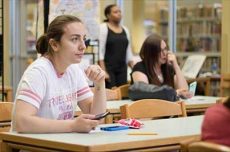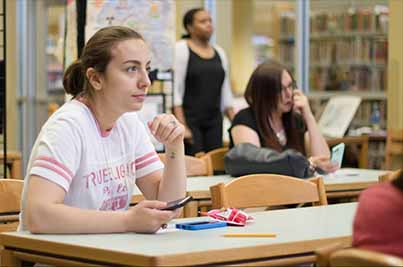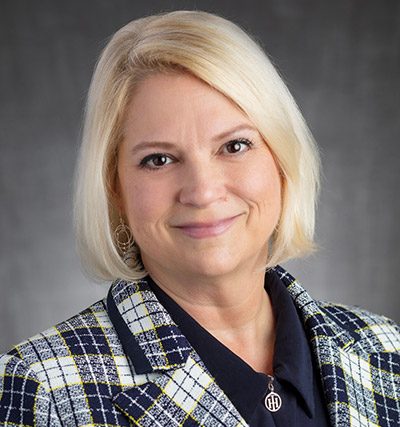By Mit’Chell Lee/ reporter

Bogdan Sierra Miranda/The Collegian
College is a good time to plan one’s life, SE students learned April 27.
Success coach Edward Hicks and academic success center coordinator Kiara Smith presented The Secrets to Success for both school and life.
“Seventy-six percent of Americans list money as their biggest stress in life,” Smith said. “Take the time to understand where things are going and what it is you want to do.”
Students should ask themselves where they want to be in five years and develop a plan to be there, Smith said.
“How are the things that happen day to day in life now going to affect the future?” she asked. “So make a list of all the needs and wants and make a plan.”
Hicks offered tips on how to save money and how important saving is.
“One can never know what will happen in life, so it’s best to build up an emergency fund,” he said.
Most of the students said they have a savings account but admitted it goes away quickly.
“It’s common that most people put their money into their savings and remove it,” Hicks said. “If that is the case, open a digit account, which takes little amounts of money out of the checking account without noticing, 34 cents to $50 at most.”
Smith advised students to determine the difference between needs and wants.
“So much money can be saved and used for better things instead of the next iPhone, or is cable really needed?” she said. “So monitor spending. Save up receipts for a week and see what can be cut back on.”
Hicks stressed that health is important for a college student. That includes studying, sleeping and making personal time.
“School can’t only be come to class, work hard, study and repeat,” he said. “No student will succeed that way.”
Smith said that lifestyle also affects students mentally and physically creating stress, depression, lack of energy, poor eating habits and other health problems.
“An average adult needs 7.5-8 hours of sleep,” she said. “Sleep habits affect the way the brain is operating in class. Without sleep, not much will be learned.”
They both agreed motivation is also important whether it comes from family, friends, teachers or mentors.
“It is very important now and later to have someone to help give a push every now and then,” they said. “Someone to bounce ideas off of and someone that is easy to go to.”
Most importantly, students need to develop good study habits and organization, Hicks said. He suggested writing a log of all activities, examining it and then planning a schedule to see what could be removed.
“Is 60 hours a week really necessary to support while in school as well?” he asked. “If not, drop the time.”
But he reminded the students not to schedule just work, school and study.
“Take time and invest personally,” he said. “A student can easily overload themselves. Time is needed, at least two hours, to unplug for the day.”

























